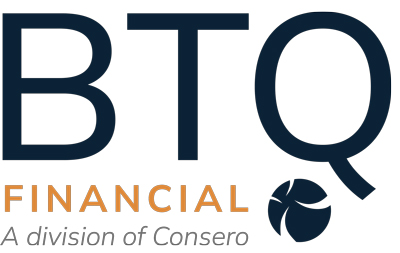We recently outlined steps nonprofits can take to manage federal funding delays and uncertainty. Now, a related, and potentially longer-term, trend is emerging: increased attention on how nonprofits manage and report on public funds.
While some of this scrutiny is already underway, much of it may evolve over the coming year as agencies adjust to new priorities, legal rulings, and policy directives.
For nonprofits managing federal grants and contracts, it’s an ideal time to ensure that financial systems, compliance practices, and documentation workflows are ready for a new level of visibility.
What Could Be Driving the Next Wave of Scrutiny?
1. Federal Agencies May Re-Evaluate Funding Oversight
- Executive actions and shifting policy priorities suggest that agencies may increasingly assess how public funds are awarded and monitored. This could lead to closer alignment between spending and national policy goals, with nonprofits expected to document not just compliance, but impact.
2. The Single Audit Threshold Is Increasing — But Oversight May Shift
- With the Single Audit threshold rising from $750K to $1M (for fiscal years beginning October 1, 2024), smaller grantees and contractors may fall outside formal audit requirements. However, this could shift oversight to more discretionary or targeted reviews, including desk audits, site visits, or document requests from funding agencies or pass-through entities.
3. Pass-Through Entities May Increase Subrecipient Monitoring
- State and local governments (often acting as pass-through entities) are under pressure to demonstrate compliance with federal funding requirements.
- Nonprofits serving as subrecipients on grants or contracts may experience increased monitoring, even in the absence of federal mandates.
4. Maintain Strong Compliance & Communication Practices
- Stay in close contact with program officers at federal and state agencies to track policy changes and funding updates.
- Review subrecipient agreements to ensure compliance with reporting and financial oversight requirements.
Questions Nonprofits Should Be Asking Themselves
1. Do we have the financial clarity to answer questions from funders quickly and accurately?
- Are our general ledger and reporting systems set up to clearly distinguish between federal and non-federal funds across both grants and contracts?
- Can we track allowable costs, indirect rates, personnel allocations, and match requirements at the project or funder level?
2. Are our internal controls not only documented, but actually working as intended?
- Do we have clear approval workflows for disbursements, procurements, and contract billing?
- Are we confident that our processes for time allocations, subawards, and cost allocation are being consistently followed and tracked appropriately?
3. If a funder or auditor asks for documentation today, are we ready?
- Is our backup documentation for drawdowns, invoices, and cost justifications organized, up-to-date, and easily retrievable?
- Have we conducted any internal reviews or walk-throughs to test our preparedness?
4. Are we prepared for more informal or discretionary oversight?
- Even if we’re under the new Single Audit threshold, are we ready to respond to funder inquiries, reconciliations, or desk reviews?
- Do we understand the unique compliance expectations tied to each grant or contract – especially those with newer or more politically visible funding streams?
Looking Ahead
Increased scrutiny, whether formal or informal, is becoming part of the new normal for nonprofits managing federal funds.
Those with disciplined systems, real-time visibility, and clear documentation will be well-positioned to navigate reviews and maintain funding with confidence.
How BTQ Financial Can Support You
BTQ Financial delivers finance, grants, and contracts management services through an integrated model that combines strategic oversight with cost-effective processing.
We help nonprofits:
- Maintain funder-aligned GL structures for grants and contracts
- Track expenditures and compliance
- Organize documentation for rapid response to funder inquiries
- Prepare for audits, desk reviews, or increased subrecipient monitoring
As scrutiny increases, your finance systems must do more than just function — they must demonstrate readiness, resilience, and reliability.
